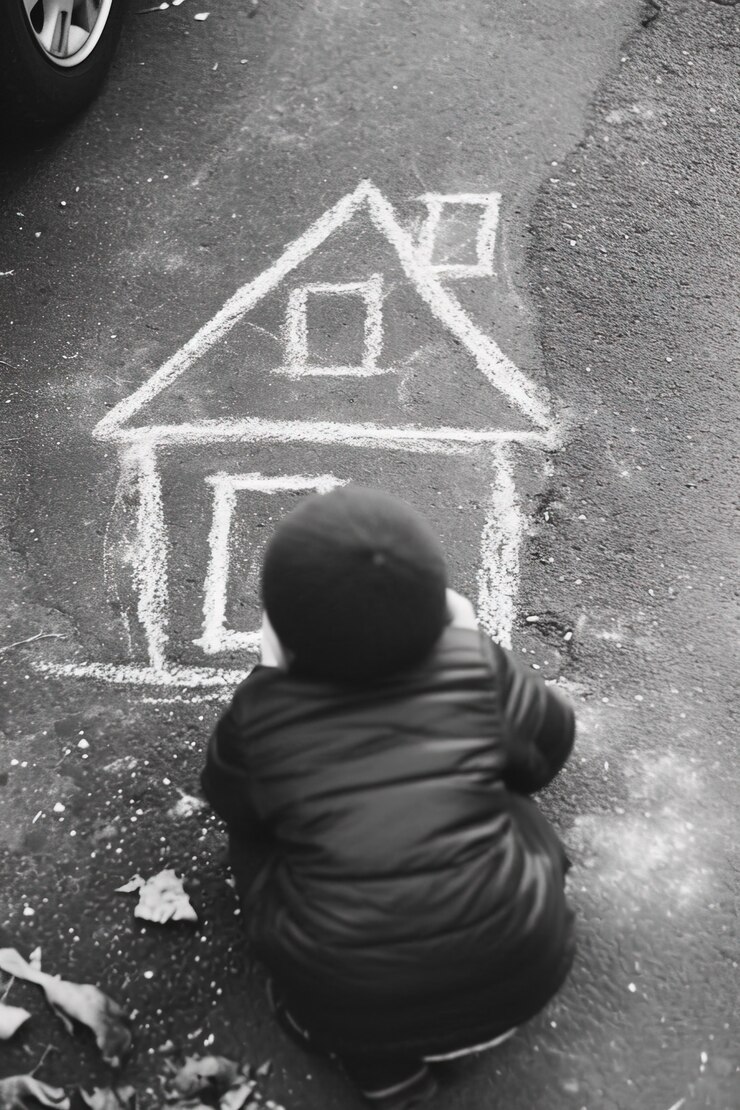Hotline: +381 61 63 84 071
Project “Safe Haven” reactivated to strengthen housing services for victims of human trafficking in the Western Balkans

Project “Safe Haven” reactivated to strengthen housing services for victims of human trafficking in the Western Balkans
Photo: Freepik website
NGO Atina, an organization dedicated to combating human trafficking and all forms of violence against women, in cooperation with partners from Albania, Bosnia and Herzegovina, and North Macedonia, and with the support of the U.S. Department of State and World Vision International, has officially reactivated the implementation of the project “Safe Haven - developing resources for housing services for victims of human trafficking in the Western Balkans.”
The reactivation and continuation of the “Safe Haven” project marks a significant step forward in the regional fight against human trafficking, a step toward a society in which every woman and girl has the right to safety, dignity, and a new beginning.
The project, which had been temporarily suspended, has now been successfully reactivated, ensuring the continuity of efforts to strengthen protection, support, and reintegration for women and girls who have survived human trafficking. It will be implemented from September 1, 2024, to August 1, 2026, and will cover four countries in the region: Albania, Bosnia and Herzegovina, Serbia, and North Macedonia. Project activities will be carried out in partnership with organizations with longstanding experience in this field: Mary Ward Loreto (Albania), Lara Foundation (Bosnia and Herzegovina), Atina (Serbia), and Open Gate - La Strada (North Macedonia).
Regional cooperation and sustainable solutions for victims of trafficking
The main goal of the “Safe Haven” project is to improve the quality and accessibility of housing services for victims of human trafficking through the development of survivor-centered and sustainable service models. The project also aims to establish a functional regional network to enable effective referral mechanisms and the exchange of good practices among Western Balkan countries.
Within the project, standardized, victim-oriented services will be developed, capacity-building trainings will be conducted for professionals working with victims, and cooperation among institutions, civil society organizations, and the private sector will be further strengthened.
The project is fully aligned with the recommendations from the Trafficking in Persons (TIP) Report, particularly those related to improving victim protection and access to support services across the region.
“Safe Haven”: More than a physical space
For victims of human trafficking, safe and stable housing is not merely a roof over one’s head; it represents the first step toward recovery, rebuilding trust, and reintegration into society. The “Safe Haven” project lays the foundation for long-term change by connecting organizations, institutions, and professionals to work together on sustainable, systemic solutions.
“The reactivation of the Safe Haven project carries deep symbolic importance for us,” said Jelena Hrnjak, Program Manager of Atina. “At a time when resources for victim protection are scarce, every opportunity to continue and strengthen services that restore women’s dignity and sense of safety is invaluable. This reactivation confirms the trust placed in our longstanding work and reinforces our belief that support for victims must be continuous, systemic, and above all humane.”
Together toward a safer society
In addition to strengthening regional cooperation, the project will also contribute to the replication and expansion of proven practices in victim protection. The focus will be on economic empowerment of women, improvement of housing-with-support policies, and the development of professional service standards.
The project “Safe Haven - developing resources for housing services for victims of human trafficking in the Western Balkans” is implemented with the support of World Vision International and the U.S. Department of State, in cooperation with partners from Albania, Bosnia and Herzegovina, Serbia, and North Macedonia.













 FACEBOOK
FACEBOOK TWITTER
TWITTER YOUTUBE
YOUTUBE